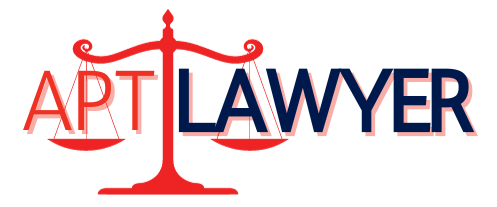Anti-Corruption Laws and Enforcement in Uganda

Corruption is one of Uganda’s most pressing issues – from inflated procurement deals to mismanaged public funds and bribery in public offices.
Over the years, Uganda has enacted a range of anti-corruption laws and institutions aimed at curbing this vice—but how effective have they been, and what more can be done?
Corruption undermines development, weakens public trust, and deepens inequality. Let’s break down Uganda’s anti-corruption legal framework, enforcement mechanisms, and the key challenges facing the fight against corruption.
Key Anti-Corruption Laws in Uganda
Uganda’s legal system provides several laws that directly address corruption and its related offenses. The most notable include:
1. The Anti-Corruption Act, 2009
- The backbone of Uganda’s anti-corruption legislation.
- Defines offenses such as embezzlement, bribery, abuse of office, false accounting, and influence peddling.
- Provides penalties including imprisonment, fines, and confiscation of proceeds of corruption.
2. The Leadership Code Act, 2002 (amended 2021)
- Requires public leaders to declare their income, assets, and liabilities.
- Enforced by the Inspectorate of Government (IGG) to promote integrity and transparency.
3. The Inspectorate of Government Act, 2002
- Establishes the Office of the IGG to investigate, arrest, and prosecute corruption cases in public service.
4. The Whistleblowers Protection Act, 2010
- Encourages reporting of corruption by offering protection to whistleblowers.
- Still faces criticism due to weak enforcement and fear of retaliation.
5. The Penal Code Act (Cap 120)
- Contains older provisions on fraud, bribery, and abuse of office.
Key Enforcement Bodies
Several institutions are mandated to fight corruption in Uganda:
1. Inspectorate of Government (IGG)
- Investigates and prosecutes corruption in public offices.
- Enforces the Leadership Code.
- Has powers of arrest, asset recovery, and prosecution.
2. State House Anti-Corruption Unit (SHACU)
- Created in 2018 under the Office of the President.
- Handles high-profile corruption cases and collaborates with police and other agencies.
- Works closely with whistleblowers and the public.
3. Office of the Auditor General
- Audits public accounts and exposes financial mismanagement.
- Reports submitted to Parliament and publicized in the media.
4. Directorate of Public Prosecutions (DPP)
- Handles prosecution of corruption-related offenses not handled by IGG.
5. Uganda Police Force – CID
- Especially the Economic Crimes and Anti-Corruption Divisions.
While arrests and investigations are often reported in the media, successful convictions and recoveries remain rare, leading to public frustration and cynicism. Despite a robust legal and institutional framework, Uganda faces serious hurdles including:
1. Political Interference
- Some enforcement agencies lack independence.
- High-profile individuals are often shielded from prosecution.
2. Limited Resources
- Investigative bodies are underfunded and understaffed.
3. Weak Prosecution and Judicial Delays
- Cases take years in court.
- Conviction rates are low.
4. Fear of Retaliation
- Whistleblowers and witnesses often face threats, with limited protection.
5. Public Apathy and Normalization
- Some citizens accept corruption as part of daily life (e.g., paying bribes for basic services).
What can be Improved
Fighting corruption requires more than laws—it needs action, accountability, and public support.
Strengthen Institutions
- Give IGG, SHACU, and the Judiciary more independence and funding.
Enforce Asset Declarations
- Regularly audit declarations made under the Leadership Code.
Protect Whistleblowers
- Fully implement the Whistleblowers Protection Act.
Encourage Civic Engagement
- Educate citizens on their rights and how to report corruption.
Leverage Technology
- Utilize digital tools to minimize human contact in service delivery and track government spending – this is already being implemented in various government agencies, including income tax assessment and collection, land search, and passport application, among others.
Uganda has made important strides in building a legal and institutional framework to combat corruption. But laws alone are not enough. What’s needed now is consistent enforcement, strong political will, and empowered citizens who demand accountability. As a country, we must all ask: What am I doing to fight corruption—at work, at school, in my community, and in my own actions?
